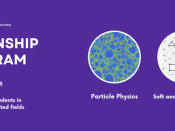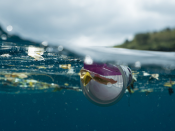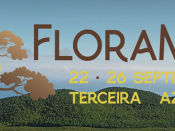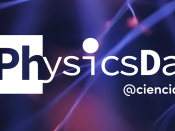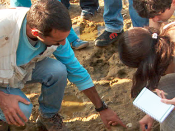Por Sam Robinson (Royal Historical Society; ICHO).
As technologies of ocean exploitation emerged during the late 1960s, science policy and diplomacy were formed in response to anticipated capabilities that did not match the realities of extracting deep-sea minerals and of resource exploitation in the deep ocean at the time. Promoters of ocean exploitation in the late 1960s envisaged wonders such as rare mineral extraction and the stationing of divers in underwater habitats from which they would operate seabed machinery not connected to the turbulent surface waters. Their promises coincided with others' fears that nuclear weaponry would be placed on the seabed. Those who lacked the technological capability to extract minerals from the seabed also had concerns that other nations would exploit their resources. Scientific imaginaries caused uncertainty in the international community—especially in the “Global South.” The UN called the “Law of the Sea” conferences to mediate emerging geopolitical tensions caused by these imaginaries of exploitation of ocean resources. These conferences became a site where lawmakers projected futures rather than merely responding to past or present dilemmas. Diplomats' negotiations, with their basis in anticipation of the future uses of science and technology, reveal the role of scientific imaginaries within complex negotiations. Here, we see the impact of the distinction (or blurring) of the real and the imagined on the balance of relations between Global North and South increasing global imbalances of resources and power.
About the speaker:
- Sam’s main research interests are in the relationship between science, politics and society. A fellow of the Royal Historical Society, he is also the vice-president of the International Commission for the History of Oceanography (ICHO) and the Commission of Science, Technology and Diplomacy of the Division of History of Science and Technology of the International Science Council.
- He completed a PhD in History of Science and Technology at the Centre for the History of Science, Technology and Medicine at the University of Manchester. Along with Post-Doctoral Fellowships at the Universities of York (Sociology), Aberystwyth (History), Manchester (CHSTM), and Southampton (SMMI). In addition to teaching lectureships at the University of Kent (History) and the University of Cambridge (History and Philosophy of Science). He currently works at the University of York, in the Science and Technology Studies Unit (SATSU).
Transmissão via Zoom (pw: 859364).




